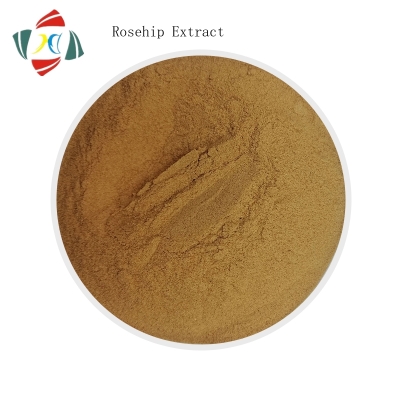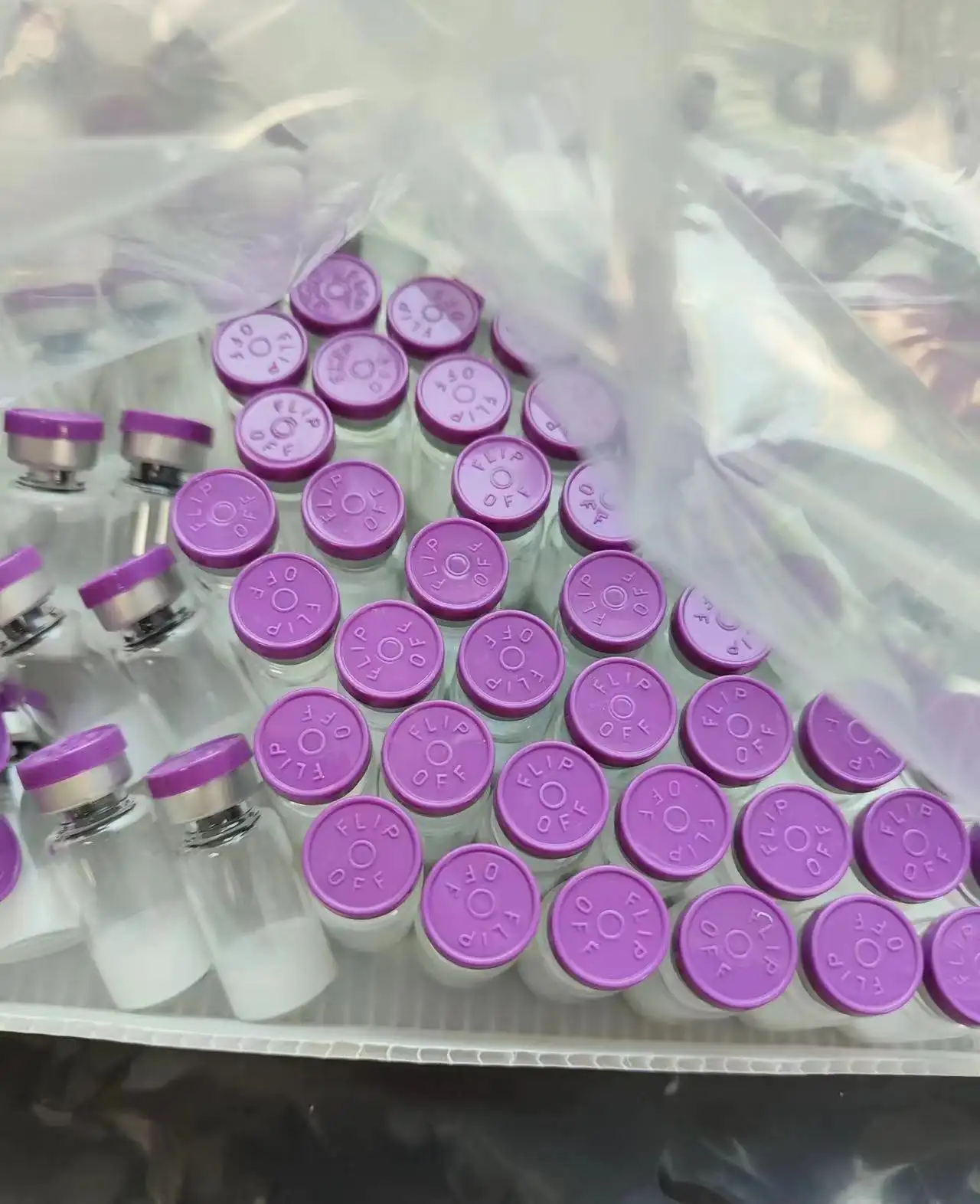-
Categories
-
Pharmaceutical Intermediates
-
Active Pharmaceutical Ingredients
-
Food Additives
- Industrial Coatings
- Agrochemicals
- Dyes and Pigments
- Surfactant
- Flavors and Fragrances
- Chemical Reagents
- Catalyst and Auxiliary
- Natural Products
- Inorganic Chemistry
-
Organic Chemistry
-
Biochemical Engineering
- Analytical Chemistry
- Cosmetic Ingredient
-
Pharmaceutical Intermediates
Promotion
ECHEMI Mall
Wholesale
Weekly Price
Exhibition
News
-
Trade Service
Tumor-induced host depletion and death is a common phenomenon across species, and many groups have previously demonstrated the endocrine effects of malignancy on host depletion in rodents and Drosophila
On August 26, 2022, a research paper titled "Renal NF-κB activation impairs uric acid homeostasis to promote tumor-associated mortality independent of wasting" was published online at Immunity (IF=43) by the Wuhan University Song Wei team.
This study reports that Drosophila harboring malignant yki 3SA intestinal tumors exhibit exponential growth of commensal bacteria, primarily acquired from the environment, and systemic IMD due to inhibition of the gut antibacterial amidase PGRP-SC2 - NF-κB activation
Cancer cachexia, or tumor-induced host wasting, is a systemic metabolic syndrome with weight loss (including fat and muscle loss), hyperglycemia, and high mortality, leading directly to At least 20% of cancer patients die
.
Because of its unknown pathogenesis and lack of effective treatment methods in the world, cancer cachexia is also rated as "the last human disease"
.
Through mouse and rat tumor models, researchers have gradually discovered that malignant tumors can directly promote host consumption through secreted proteins, such as IL-6, TNF-a, Activin A, LIF, PTHrP,
etc.
However, these studies are usually done in the absence of specific pathogenic microorganisms, thus ignoring the role of microbes in the environment and the immune response of the host
.
As an evolutionarily conserved model organism, Drosophila has become an ideal model to study tumor-induced host depletion in recent years
.
By inducing malignant tumors in Drosophila or transplanting exogenous tumors, the phenotypes of cancer cachexia, such as fat loss, muscle and ovarian atrophy, hyperglycemia, and high mortality, can be completely simulated
.
Using the Drosophila cachexia model, the researchers identified a series of tumor-secreted proteins, such as ImpL2, Pvf1, Upd3, Gbb, etc.
, which remotely disrupt the metabolic balance of host organs through insulin, MEK, Jak/Stat and TGFb signaling pathways, respectively, resulting in Host consumption
.
Unlike mouse models, Drosophila is in direct contact with the outside air and microbes, making it an ideal tool to study host-microbe interactions in the context of tumors
.
Mechanism pattern diagram (picture from Immunity) In this topic, the researchers overexpressed the activated transcription factor yki 3SA in the Drosophila gut(human YAP1 homolog), induces excessive proliferation of intestinal stem cells to form intestinal malignant tumors, which in turn causes body consumption and shortens lifespan
.
Using this model, the researchers found that yki 3SA intestinal tumors can specifically inhibit the synthesis of the peptidoglycan-recognizing protein PGRP-SC2 in the intestine, causing bacterial overproliferation and overactivation of systemic IMD-NF-κB immune signaling, resulting in fruit Flies die, but do not affect body energy expenditure, showing for the first time that depletion and survival in tumor-bearing organisms can be decoupled from each other
.
In addition, the authors further found that uric acid accumulation due to activation of IMD-NF-κB immune signaling in Drosophila Malpighian tubules (the renal tubular tissue of Drosophila) is a key factor in the death of yki 3SA tumor-bearing Drosophila flies
.
Previously, the research group found that an important tumor-secreted protein, ImpL2, can also lead to death in part through renal uric acid metabolism
.
Importantly, large population cohort studies have also found that hyperuricemia (>400 mM) is an important independent risk factor for mortality in patients with multiple cancers
.
Therefore, this study found that environmental microbes, gut bacteria, renal IMD-NF-κB immune response and uric acid metabolism are important factors in the death of malignant tumors, independent of the currently known tumor-related body consumption.
-Host interaction provides a new perspective for tumor-bearing survival
.
Given that organisms are inevitably exposed to the external environment in nature, external microorganisms, intestinal flora, renal immune response and uric acid metabolism are "elephant in the room" and play an important role in the occurrence and development of tumors and other diseases effect
.
Reference message: —END—The content is [iNature]







